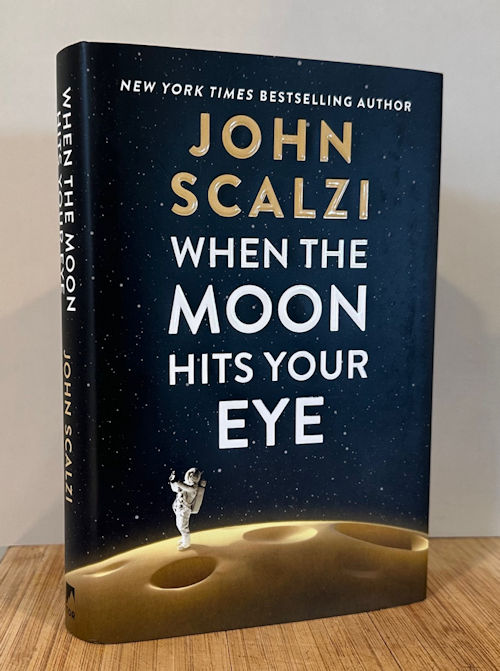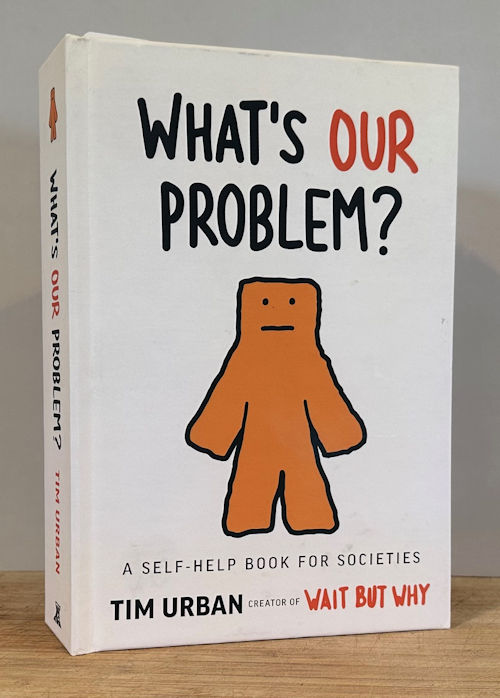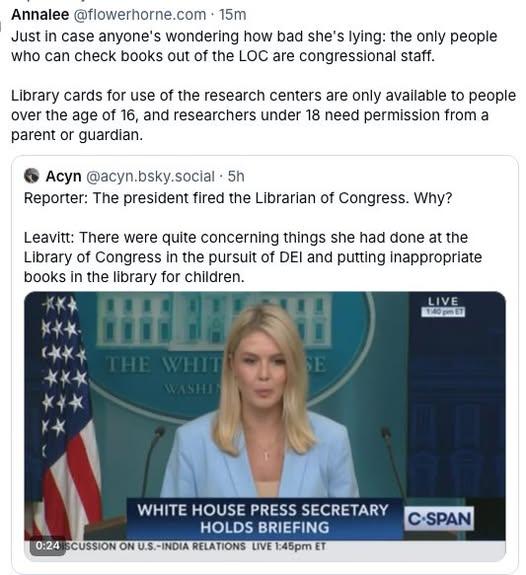- 86 47, and 86 46;
- The GOP’s new anti-porn bill, and the US’s puritan legacy;
- Richard Dawkins on belief in god.
I almost thought this would be too trivial to mention, except that Heather leads last night’s column with it, and there’s a further salient point she doesn’t mention.
Letters from an American, Heather Cox Richardson: May 16, 2025.
MAGA world is performing over-the-top outrage over a photo former Federal Bureau of Investigation director James Comey posted on Instagram, where he has been teasing a new novel. The image shows shells on a beach arranged in a popular slogan for opposing President Donald J. Trump: “86”—slang for tossing something away—followed by “47”, a reference to Trump’s presidency.













